Samsung Galaxy S9 price, release date, features & specs: S9's facial recognition is 'no more secure than S8'
Researchers claim little has been done to improve Intelligent Scan security


Sign up today and you will receive a free copy of our Future Focus 2025 report - the leading guidance on AI, cybersecurity and other IT challenges as per 700+ senior executives
You are now subscribed
Your newsletter sign-up was successful
Samsung has officially launched the Galaxy S9. The follow-up to one of the most popular phones of last year, the Galaxy S9 has a lot riding on it, but Samsung is hoping to continue its winning streak with a number of improvements to elements such as the camera, design and more. Read our hands-on with the device from MWC 2018 here.
Latest news
05/03/2018: Researchers have warned that the new facial recognition technology inside Samsung's Galaxy S9 range uses the same security safeguards as its previous generation smartphone, the suggestion being the company has prioritised features over user safety.
'Intelligent Scan' was initially billed as being a smarter version of Samsung's facial unlock system that's fitted to the S8, and while it certainly boasts faster processing and iris scanning that works as a backup if the first scan fails, the technology can still be fooled relatively easily.
The Galaxy S9 uses its camera to create a 2D map of a user's face, the same process used by the S8, which was famously fooled into unlocking a device from a photograph. Apple's Face ID, in contrast, creates a 3D map.
Jan Krissler, part of the hacking group Chaos Club that first highlighted the S8's security flaw, told CNET that the group wouldn't try to hack the S9 because there have been few changes to the technology in the past year. "There is no fun in hacking just a new release of the same system," he is quoted as saying.
Other researchers, including global data analyst Avi Greengart, argued that Samsung was still playing "catch up" with Apple on facial recognition, as the latter has "invested an enormous amount of money, time and effort into Face ID". This is despite the fact Samsung had a working version of the technology first with the S8.
While Samsung has allegedly done little to make Intelligent Scan more secure, the upgrade does make it far easier to use. In order to increase the accuracy of each scan, the S9 will map a user's face first before moving to an iris scan if it is initially unsuccessful. If conditions aren't ideal, such as poor or bright lighting, the system will combine the two to improve results.
Sign up today and you will receive a free copy of our Future Focus 2025 report - the leading guidance on AI, cybersecurity and other IT challenges as per 700+ senior executives
IT Pro has approached to Samsung for comment.
25/02/2018: Samsung officially takes the wraps off the Galaxy S9
Samsung officially unveiled the Galaxy S9 and the Galaxy S9 Plus today, on the eve of Mobile World Congress in Barcelona.
The Galaxy S9 and S9 Plus aren't a particularly radical departure from their respective predecessors, but there are a few key differences. The new devices sport improved cameras, an updated design, and even thinner screen bezels. They are also now available in a fetching purple hue.
As usual, the new phones are powered by one of Samsung's own chips, the 2.7GHz Exynos 9810, in some territories, but make use of Qualcomm's latest Snapdragon 845 in markets including the US. That's paired with 4GB of RAM for the regular S9 and 6GB for the S9 Plus.
Samsung has also improved Bixby, its answer to digital assistants like Cortana and Alexa. Bixby can now perform live translation, use the camera to automatically identify food, and even provide nutritional information such as calorie counting.
Pre-orders for the two devices are open now, and they hit shelves on 16 March. The S9 will cost 739 SIM-free when bought directly from Samsung, while the S9 Plus will retail for 869.
To find out what we thought of the Galaxy S9 and S9 Plus, you can read our hands-on review.
Galaxy S9: UK release date
As part of the Galaxy S9's official launch, Samsung confirmed that the S9 and the S9 Plus would be available for preorder starting 25 February, with full in-store availability coming on 16 March.
Galaxy S9: Price
The Galaxy S9 will be priced at 739 SIM-free, which is a noticeable price-hike compared the the Galaxy S8's initial launch price of 689 - in fact, it's a 50 difference. The Galaxy S9 Plus, meanwhile, will set you back 869, which is approaching the iPhone X in terms of expensiveness.
Galaxy S9: Display
Samsung hasn't changed much for the S9's display; it's still using the same 5.8in Super AMOLED panel and a QHD resolution. It's also kept the aspect ratio of 18.5:9, which is becoming increasingly popular. The Galaxy S9 Plus is the same, save for the larger 6.2in screen size.
Galaxy S9: Hardware
Unsurprisingly, Samsung has stuck to its formula with the S9, packing it with an own-brand Exynos chip in some regions, and Qualcomm's Snapdragon processors everywhere else. In this case, the chips in question are the octo-core Exynos 9810, clocked at 2.7GHz, and the Snapdragon 845.
The vanilla S9 features a capable 4GB of RAM, while the S9 Plus gets a slightly beefier 6GB allocation. Storage is generous, with 64GB offered as standard, and a further 400GB available via microSD card.
Galaxy S9: Camera
The biggest upgrade is to the camera, which has been enhanced for super low light photography. The S9 Plus also benefits from a dual-camera system, for the first time in the history of Samsung's flagship line.
Galaxy S9: OS
Regardless of whether you get an Exynos or Qualcomm version of the S9, the device will ship with Android Oreo, using version 9.0 of the Samsung Experience UI.
Dale Walker is a contributor specializing in cybersecurity, data protection, and IT regulations. He was the former managing editor at ITPro, as well as its sibling sites CloudPro and ChannelPro. He spent a number of years reporting for ITPro from numerous domestic and international events, including IBM, Red Hat, Google, and has been a regular reporter for Microsoft's various yearly showcases, including Ignite.
-
 Harnessing AI to secure the future of identity
Harnessing AI to secure the future of identityIndustry Insights Channel partners must lead on securing AI identities through governance and support
-
 How the rise of the AI ‘agent boss’ is reshaping accountability in IT
How the rise of the AI ‘agent boss’ is reshaping accountability in ITIn-depth As IT companies deploy more autonomous AI tools and agents, the task of managing them is becoming more concentrated and throwing role responsibilities into doubt
-
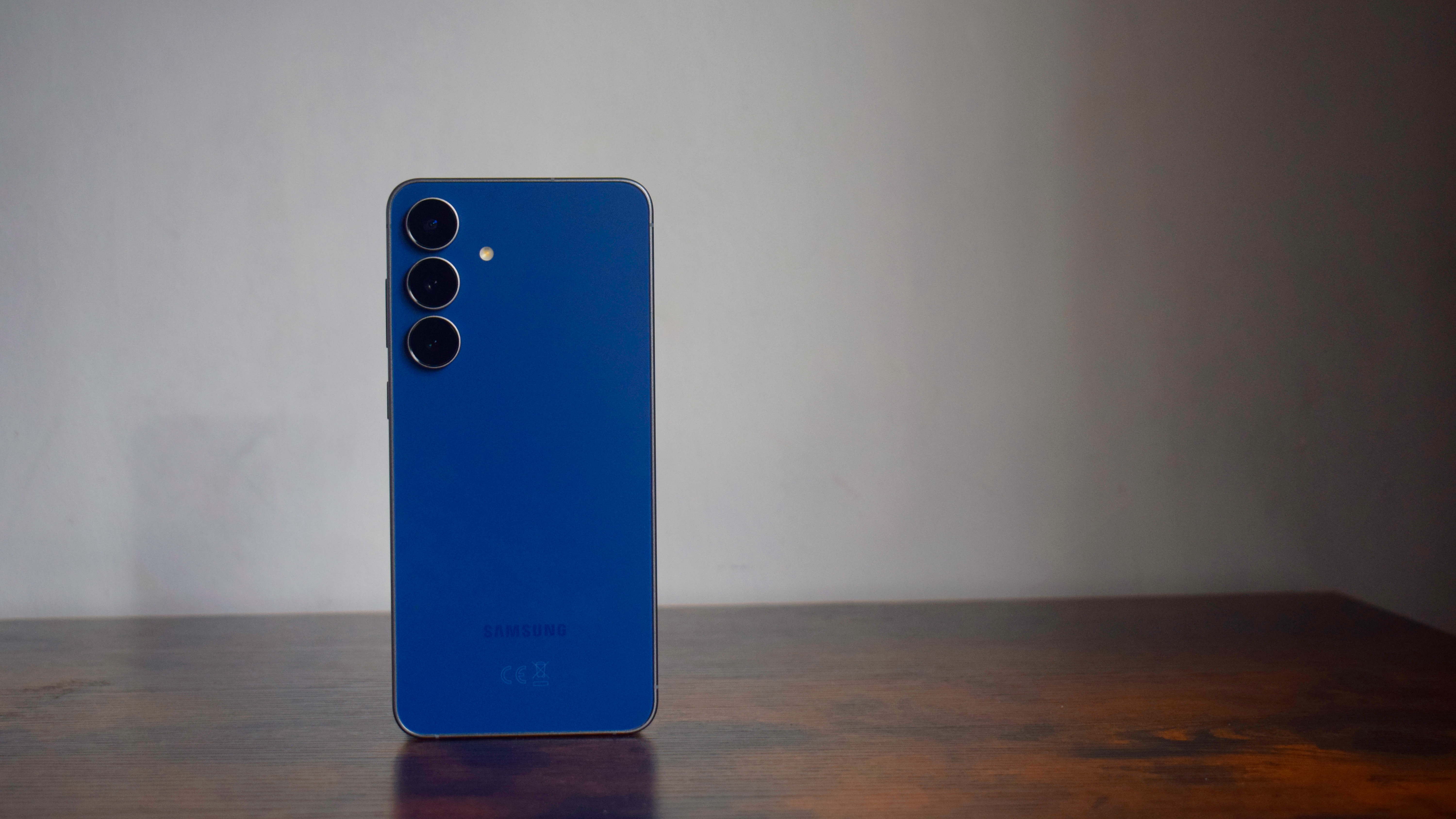 The Samsung Galaxy S25 FE is a superb budget smartphone with premium features – though I found its predictive text frustrating
The Samsung Galaxy S25 FE is a superb budget smartphone with premium features – though I found its predictive text frustratingReviews A big bright display, all-day battery, and some super premium cameras make this a superb handset for office bods
-
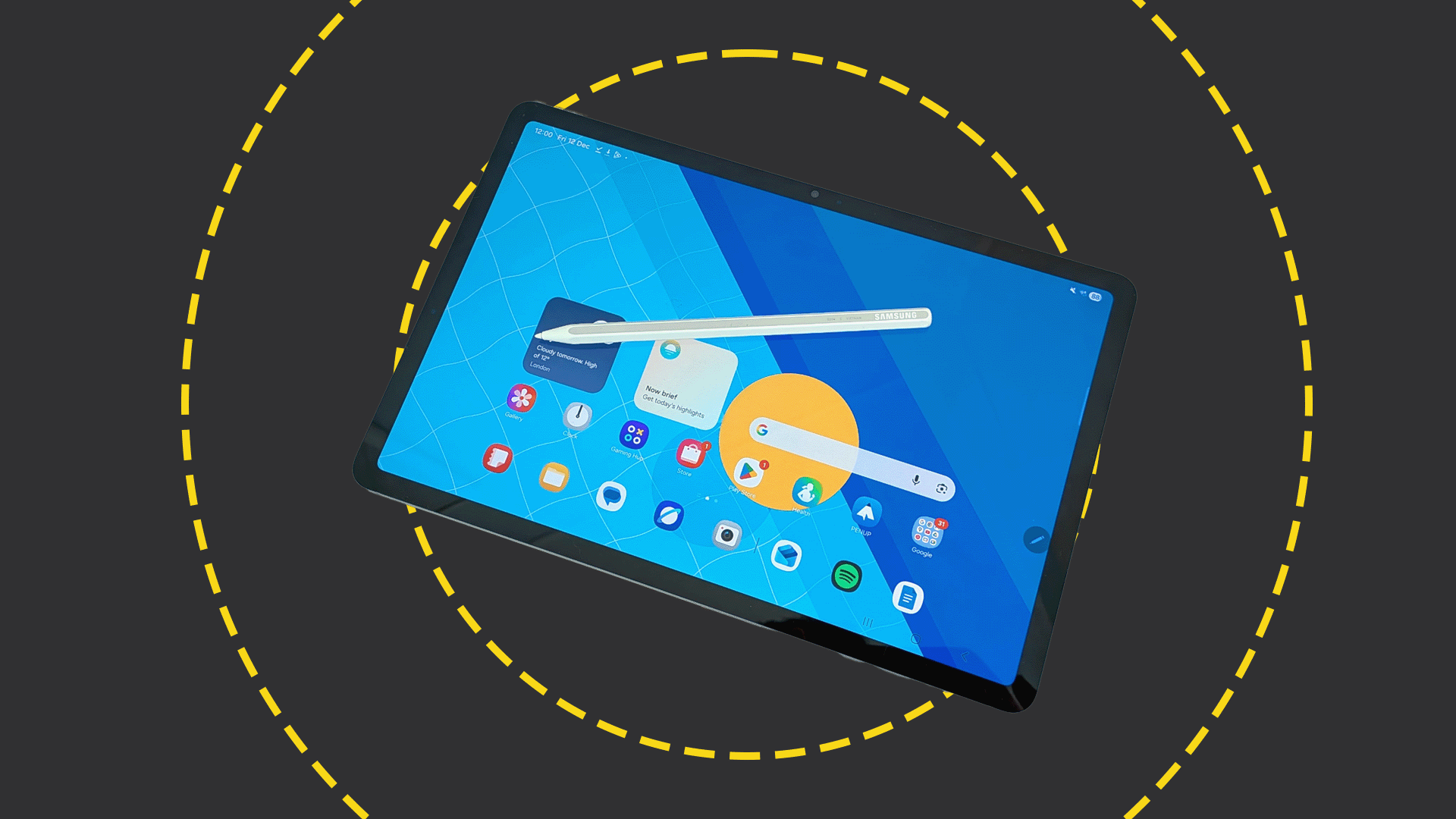 The excellent Samsung Galaxy Tab S11 is slightly overpriced
The excellent Samsung Galaxy Tab S11 is slightly overpricedReviews A brilliant lightweight tablet with a superb screen, but the competition makes it look expensive
-
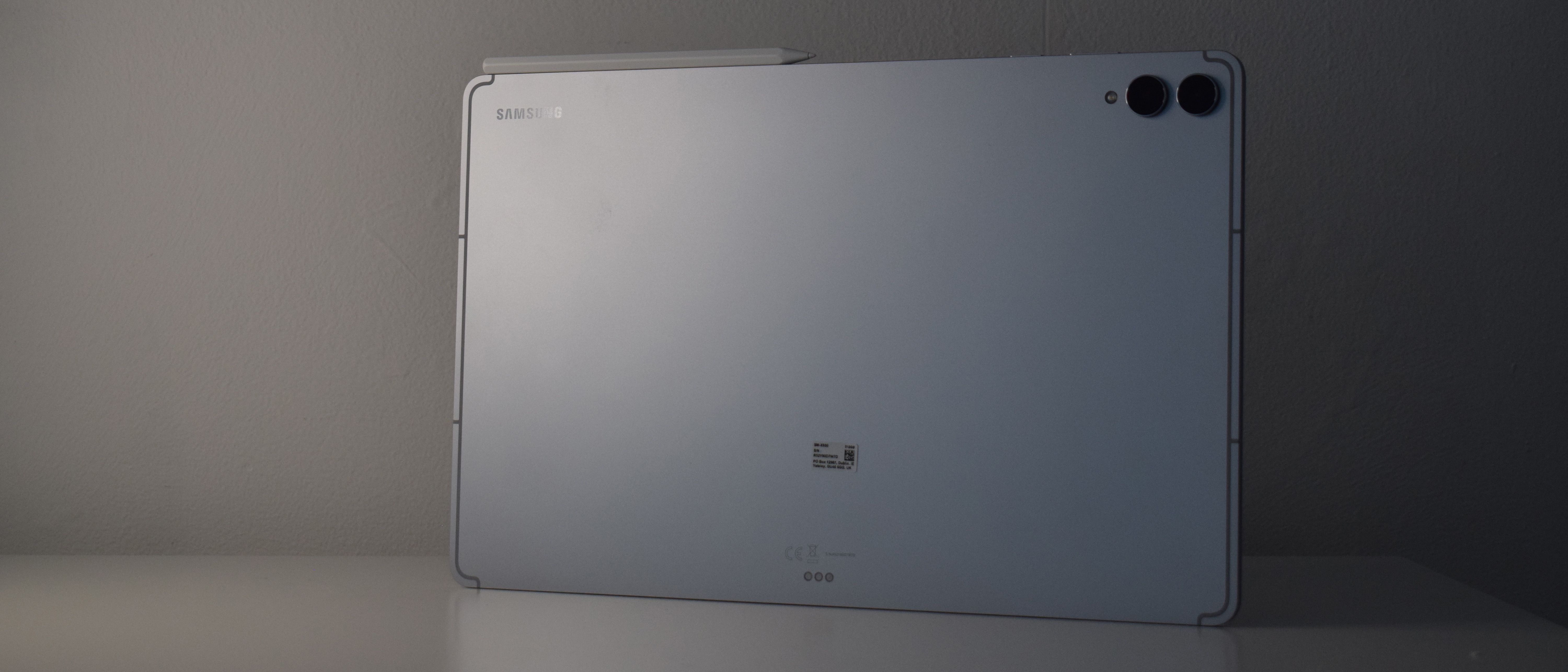 The Samsung Galaxy Tab S11 Ultra has more power, more AI, and much more battery life than its predecessor
The Samsung Galaxy Tab S11 Ultra has more power, more AI, and much more battery life than its predecessorReviews A wonderful slab of technology, packed with AI features, and the battery life is fantastic – very much a tablet worthy of the name, 'Ultra'
-
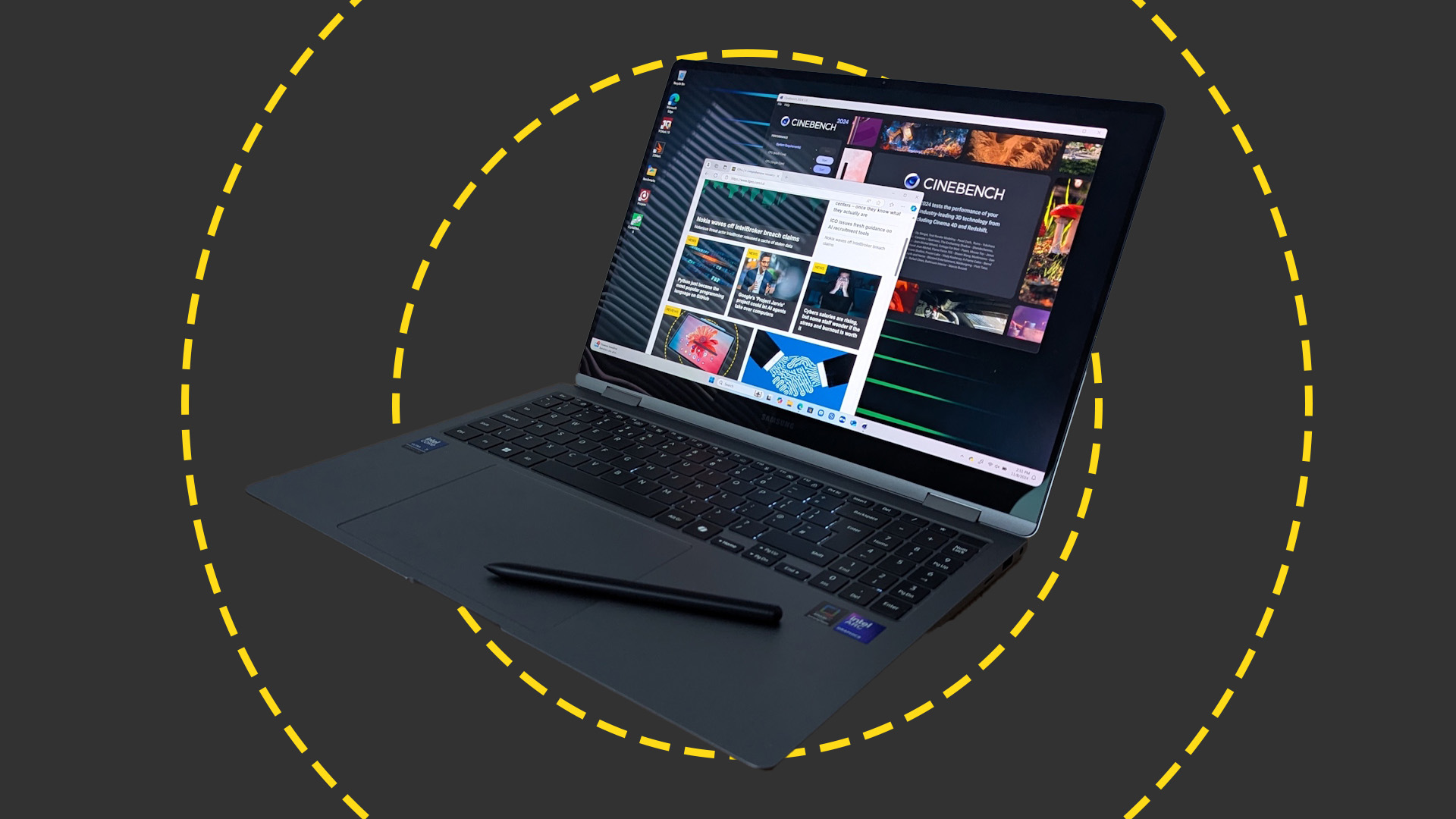 Samsung Galaxy Book 5 Pro 360 review: Almost the perfect big-screen laptop
Samsung Galaxy Book 5 Pro 360 review: Almost the perfect big-screen laptopReviews The Book 5 Pro 360 is a laptop you slowly get accustomed to, rather than one that feels right from the word go.
-
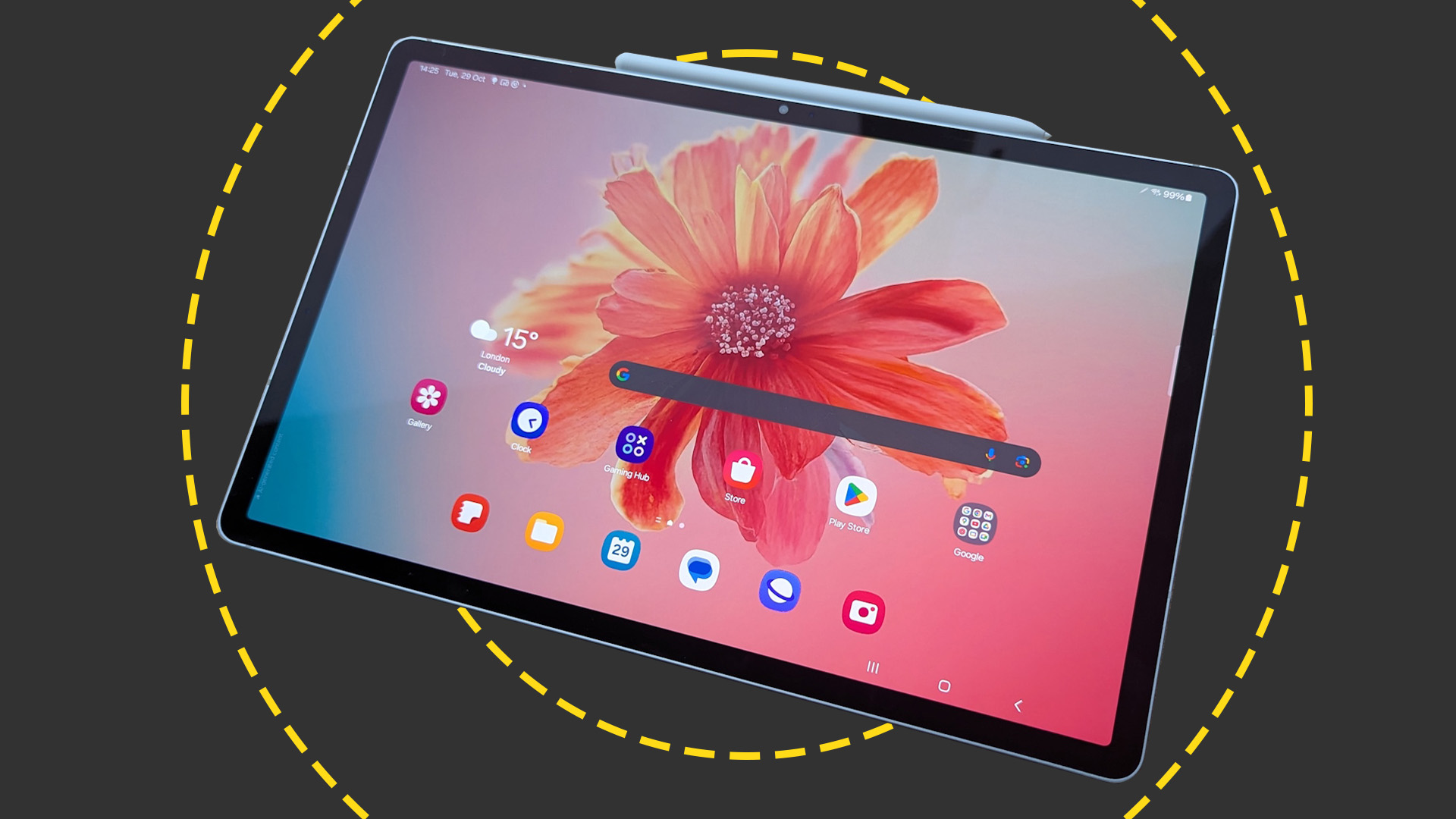 Samsung Galaxy Tab S10+ review: Possibly the best Android tablet for business
Samsung Galaxy Tab S10+ review: Possibly the best Android tablet for businessReviews With good performance, AI features and an exceptional screen, the Tab S10+ is the best Android tablet out there, if not quite the best tablet overall
-
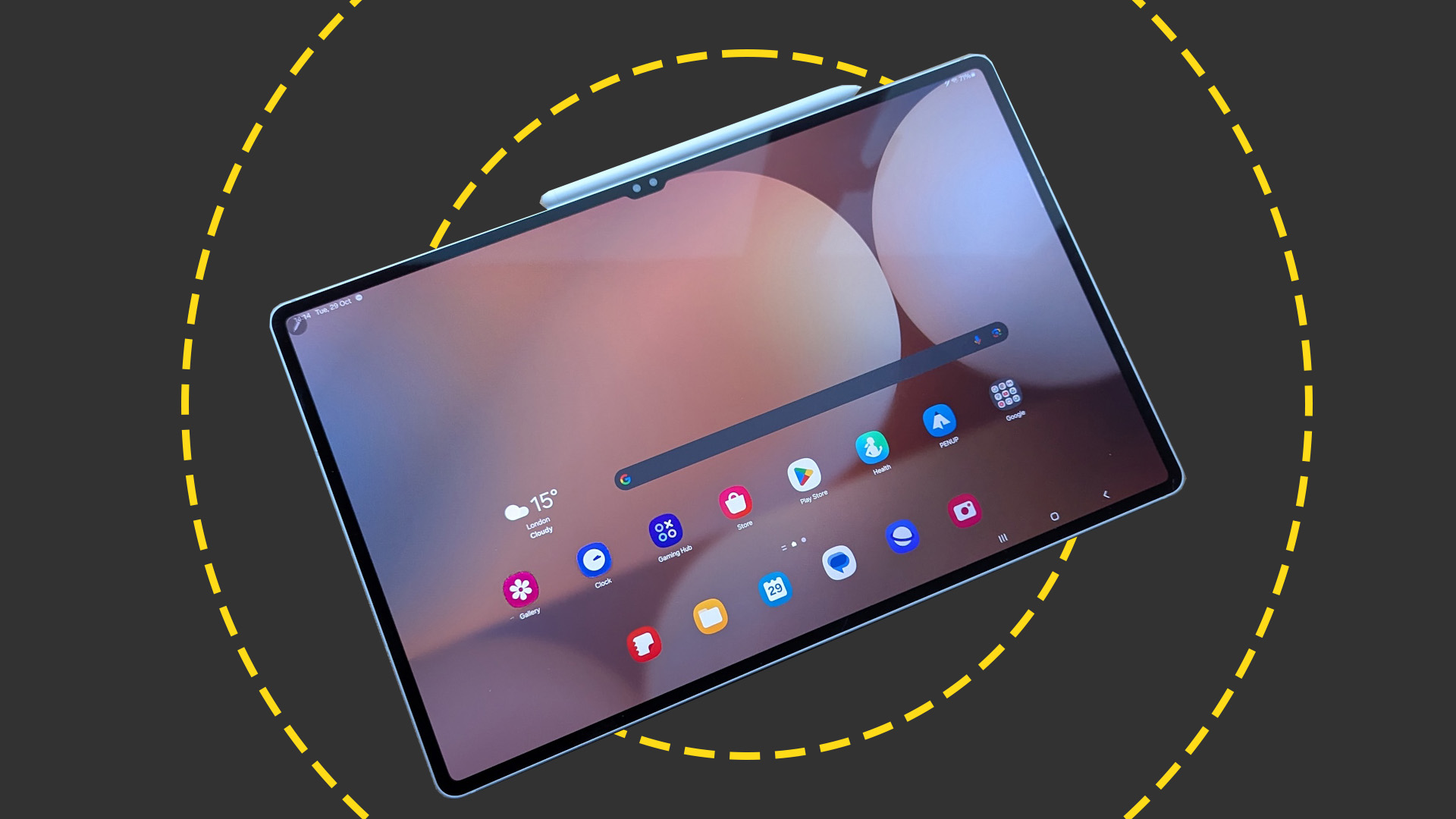 Samsung Galaxy Tab S10 Ultra review: Samsung's big-screen tablet is an AI-powered multitasking monster
Samsung Galaxy Tab S10 Ultra review: Samsung's big-screen tablet is an AI-powered multitasking monsterReviews The sheer size won't be for everyone, but the Tab S10 Ultra has the screen, performance, and multitasking prowess for serious work
-
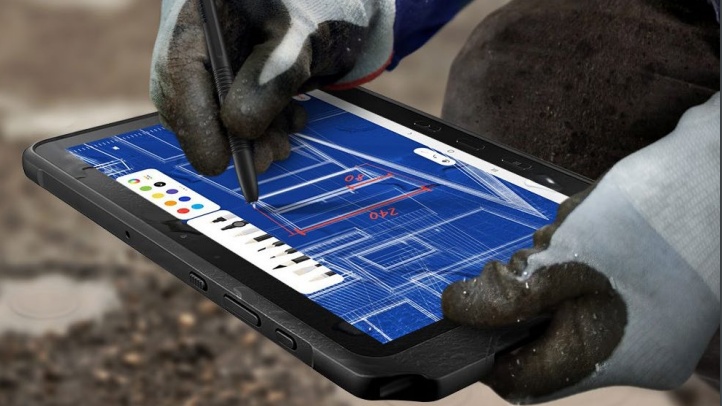 Rugged goes mainstream
Rugged goes mainstreamwhitepaper Why every business needs rugged devices to get the job done
-
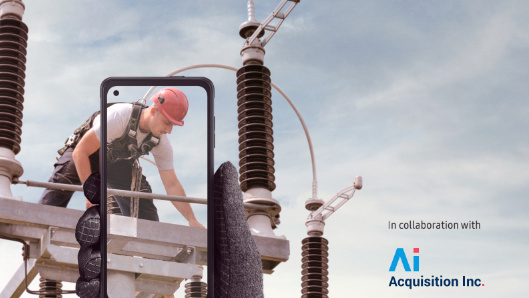 Why tougher doesn’t need to mean harder
Why tougher doesn’t need to mean harderwhitepaper Bridging the rugged and consumer device divide